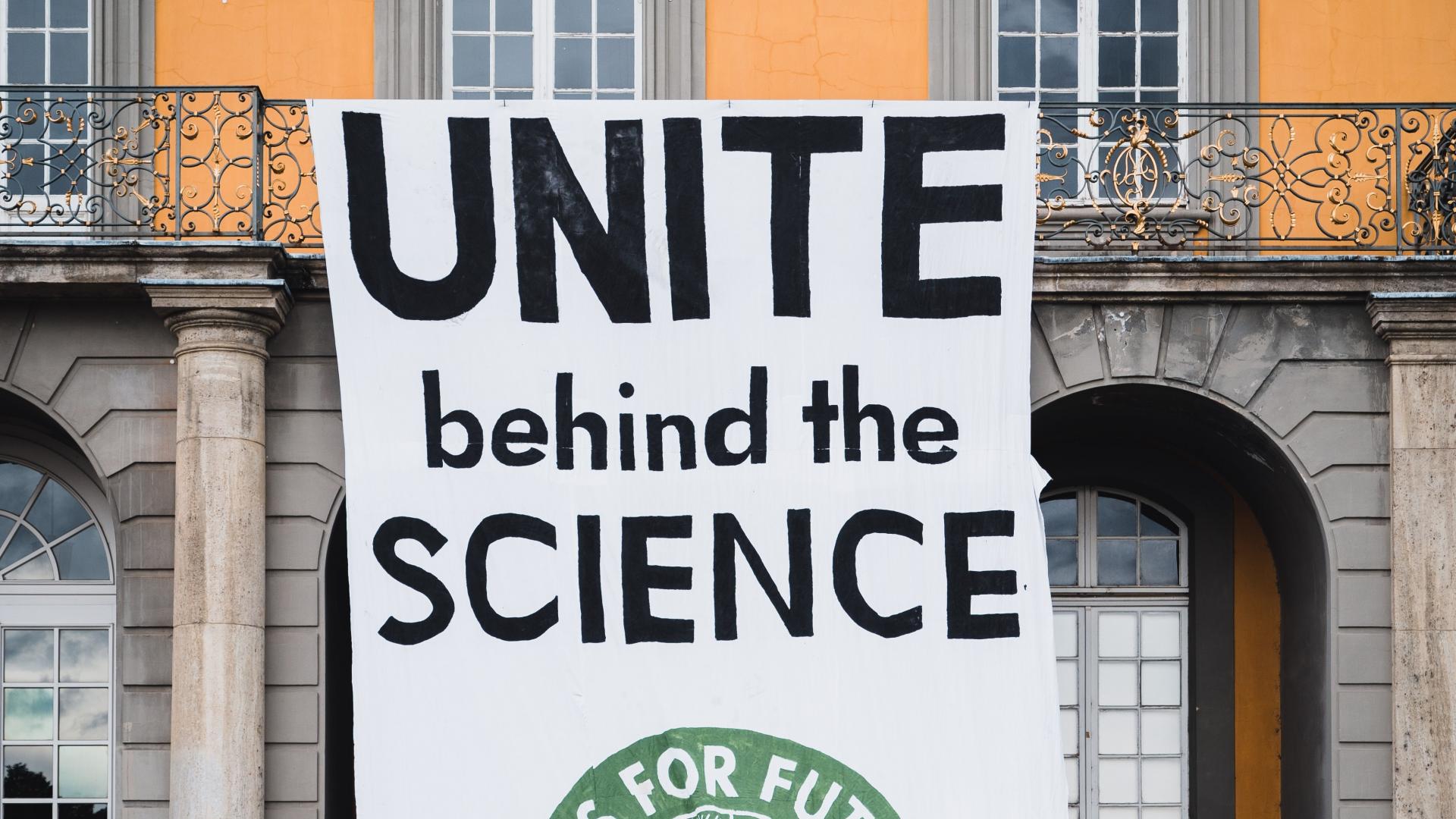
Welcome to the high-level podcast series run by the UNESCO Inclusive Policy Lab. This series introduces listeners to the world’s leading figures as they discuss how we can rebuild in a fairer and a smarter way after COVID-19.
This episode’s guest is Peter Gluckman. He is the President of the International Science Council and the former Chief Science Advisor to the Prime Minister of New Zealand.
The host is Gabriela Ramos, UNESCO’s Assistant Director-General for Social and Human Sciences.
The two discuss how polarisation has infiltrated science and is tearing up the public trust in it. They say that the acceptance (or rejection) of scientific conclusions has become an ideological badge of identity. Social media only adds to it, overloading the public with (mis)information it is not yet equipped to navigate. There are solutions – e.g., reforming funding flows and research systems from within, promoting education, fostering critical thinking. But underpinning it all is the fundamental task of restoring civil discourse. We are warned that, in sciences and beyond, little will work if the fabric that holds our societies together continues to degrade.
Have you seen?
Social safety nets catch us in crisis, invest in those
We politicised science and scientised politics – is that a problem?
Stand on the shoulders of giants, take the next leap on climate
On the go? Listen and subscribe here:
Also on: Apple Podcasts | Google Podcasts | Spotify | Amazon Music | YouTube | Deezer | Podcast Addict
---
Sir Peter Gluckman is the President of the International Science Council, having previously served as the Chief Science Advisor to the Prime Minister of New Zealand.
Gabriela Ramos is the Assistant Director General for the Social and Human Sciences of UNESCO. Prior to this, she was the Chief of Staff and Sherpa to the G20/G7/APEC in the OECD.
The facts, ideas and opinions expressed in this piece are those of the authors; they are not necessarily those of UNESCO or any of its partners and stakeholders and do not commit nor imply any responsibility thereof.
The designations employed and the presentation of material throughout this piece do not imply the expression of any opinion whatsoever on the part of UNESCO concerning the legal status of any country, territory, city or area or of its authorities, or concerning the delimitation of its frontiers or boundaries.
